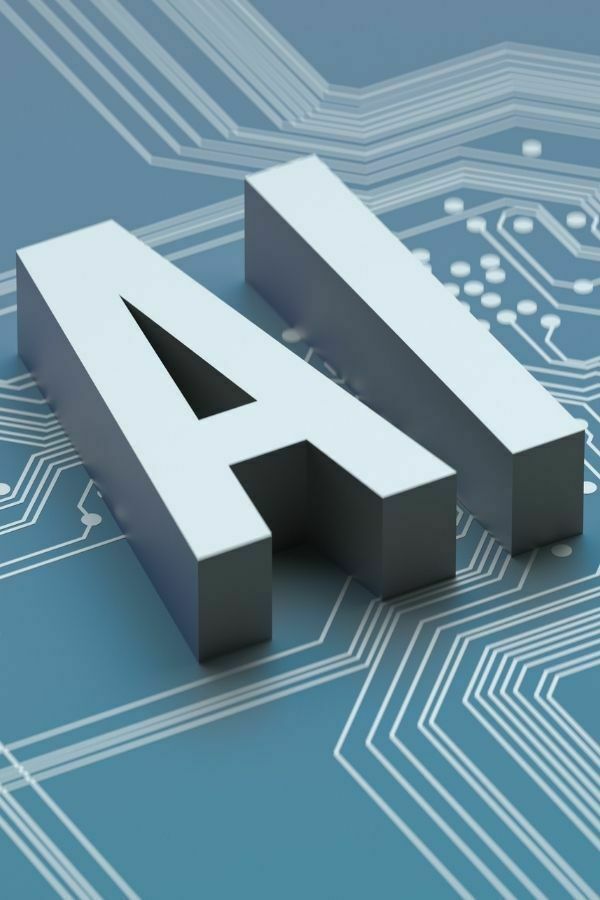How does information about AI regulation affect managers’ choices?
Appeared In: The Brookings Institution
Publication Date: July 28, 2022
Note: This report provides a summary of and builds upon a study by the authors that appeared in The Journal of Law, Economics, and Organization in April 2022.
Artificial intelligence (AI) technologies have become increasingly widespread over the last decade. As the use of AI has become more common and the performance of AI systems has improved, policymakers, scholars, and advocates have raised concerns. Policy and ethical issues such as algorithmic bias, data privacy, and transparency have gained increasing attention, raising calls for policy and regulatory changes to address the potential consequences of AI. As AI continues to improve and diffuse, it will likely have significant long-term implications for jobs, inequality, organizations, and competition. Premature deployment of AI products can also aggravate existing biases and discrimination or violate data privacy and protection practices. Because of AI technologies’ wide-ranging impact, stakeholders are increasingly interested in whether firms are likely to embrace measures of self-regulation based on ethical or policy considerations and how decisions of policymakers or courts affect the use of AI systems. Where policymakers or courts step in and regulatory changes affect the use of AI systems, how are managers likely to respond to new or proposed regulations?
Cuéllar, Mariano-Florentino, Benjamin Larsen, Yong Suk Lee and Michael Webb. “How does information about AI regulation affect managers’ choices?” The Brookings Institution (2022).
